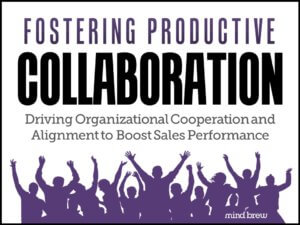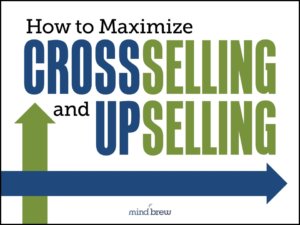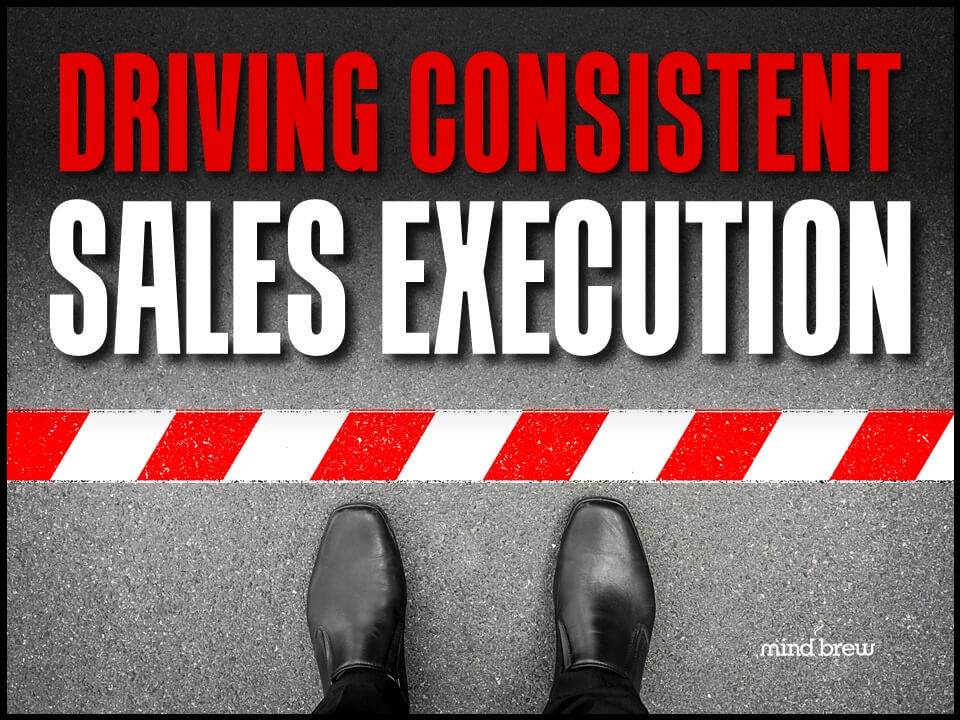Oscar Wilde once said, “When the gods wish to punish us, they answer our prayers.”
If you’ve worked really hard to climb the corporate ladder, you might have an idea what Wilde meant. Maybe you wanted a VP title. Or direct access to the C suite. Or maybe you just wanted a larger team. And maybe, after years of effort, you’ve achieved your goal.
If so, congratulations!
But did your new position live up to your expectations?
We’ve heard from a lot of sales ops professionals — and learned from our own experience — that a fancy new role doesn’t always guarantee that your contributions are valued. Some sales ops leaders check all the boxes for seniority — impressive titles, lots of direct reports, and even invites to leadership meetings — but still struggle to have an impact.
However, the converse is also true. We’ve seen situations where sales ops professionals without executive status or the trappings of power play key roles in guiding strategic decisions.
The truth is that a seat at the table isn’t always correlated with hierarchy or status. The biggest factor in determining your effect on the organization isn’t the org chart — it’s the way the rest of the organization perceives you. And that perception depends in large part on where you and your team fall along three different spectrums:
- Visibility vs. credibility: Being in the room is one thing. Being trusted and sought out for insights is another. Do people ask for your input on strategic discussions, or do they just inform you of the results after the fact?
- Tactical vs. strategic: Do you and your team spend all your time putting out fires or are you setting your own agenda? Do you spend more time generating reports or more time analyzing what the data means? If you want to have influence, you need to rise above the constant drumbeat of daily activity and focus on work that has a big impact.
- Reactive vs. proactive: Do you generally wait until someone assigns you a task or are you actively identifying things that need to be done. The people who take the initiative to surface insights, identify challenges, and propose solutions are the ones who gain influence.
Tips for gaining more influence
If your team isn’t where you want to be in terms of credibility, strategic thinking, and proactive engagement, don’t despair! There are a lot of simple things that you can do to move in the right direction. Here are just a few:
- The next time you generate a report, add some interpretation. Instead of just providing charts and data tables, provide some context or maybe a summary that can help management make sense of the numbers.
- Start meeting with your peers from other functions. If you grab lunch or coffee with folks from finance, marketing, and operations on a regular basis, you’ll almost certainly find opportunities for collaboration that will drive better results for the organization.
- Revisit your organizational goals. Your business leaders probably published some annual objectives. Do you know what they are? Or did you do other work during the company meeting where they presented them? Look at those slides again and make sure you are spending most of your time on activities that align very closely with management’s goals.
- The next time sales asks for something, ask why they need it. (Respectfully, of course.) It may be that you can help sales get what they need in a more efficient and effective way.
And if you need more suggestions, check out the following resources:
- Earning Sales Ops a Seat at the Table
- Aligning Sales Ops to Business Strategy
- Fostering Productive Collaboration
- From Tactical to Strategic Sales Ops
Moving up the ladder is all well and good, but if it doesn’t come along with influence, it’s pretty empty. Maybe even more like a punishment than an answered prayer. In our opinion, it’s far more rewarding to focus on earning the respect of your colleagues and enjoying the influence that comes as a result.















